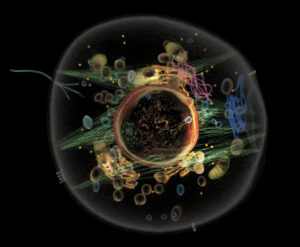Social sobriety
Camaraderie makes Alcoholics Anonymous the best way to quit drinking, study shows

Through the fellowship it provides, Alcoholics Anonymous helps people quit drinking more effectively than therapy, Stanford Medicine research shows.
More than 2 million people use AA, but mental health professionals are sometimes skeptical of it, said Keith Humphreys, PhD, professor of psychiatry and behavioral sciences. Early on, he was one of the skeptics, thinking, “How dare these people do things that I have all these degrees to do?”
Bill Wilson and Bob Smith created the fellowship in 1935 as a way to stay sober. They formed the first support group in Akron, Ohio, and later developed a 12-step program that includes accepting one’s inability to control drinking and helping others stay sober by becoming a sponsor of a new member.
Though AA has been around for decades, researchers only recently developed good methods to measure how well it works, Humphreys said.
He and two other researchers, one from Harvard Medical School and another from the European Monitoring Center for Drugs and Drug Addiction, evaluated AA and counseling designed to facilitate engagement with AA. They analyzed 35 studies that included the work of 145 scientists and the outcomes of 10,080 participants.
In the review, published March 11 in Cochrane Database of Systematic Reviews, they found that AA was nearly always more effective than psychotherapy in helping people achieve abstinence.
AA works, Humphreys said, because it’s based on social interaction: Members give each other emotional support and practical tips to refrain from drinking. “If you want to change your behavior, find some other people who are trying to make the same change,” he said.
Stanford Medicine psychologist Keith Humphreys talks with Contributing Editor Paul Costello about research on the effectiveness of Alcoholics Anonymous in helping people quit drinking.
